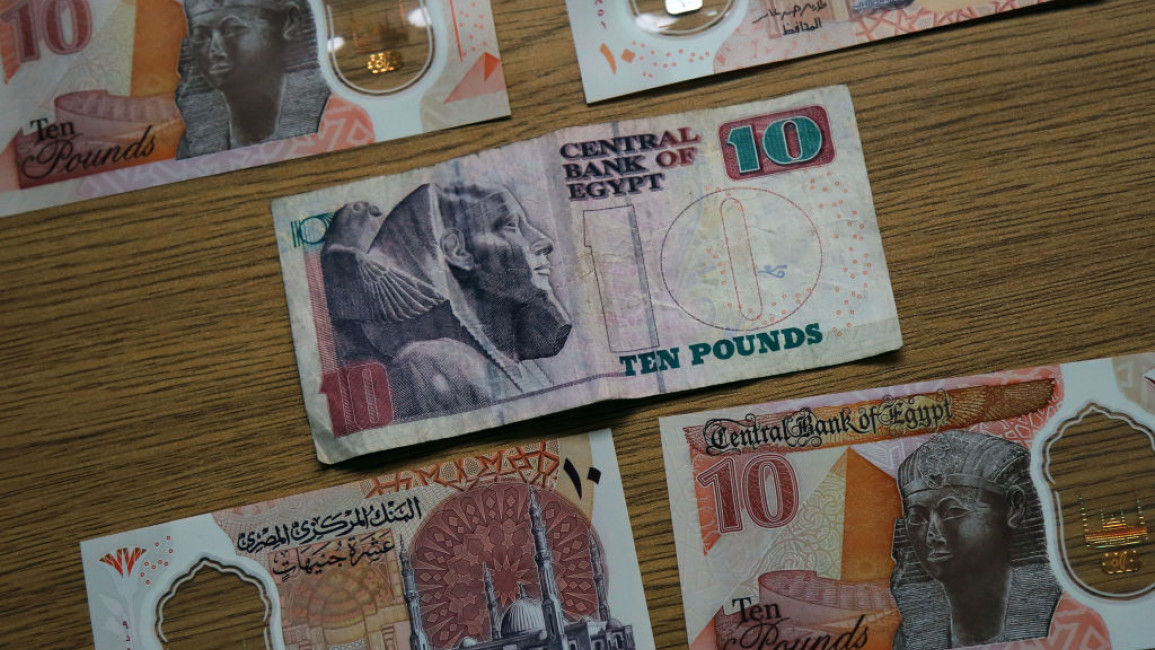Egypt's Central Bank hikes interest rates to combat surging inflation
Egypt's central bank raised interest rates Thursday as the country continues to battle double-digit inflation amid a sharp currency devaluation.
In a statement, the bank's monetary policy committee announced that the most basic lending rate, the overnight deposit rate, was increased from 13.25 percent to 16.25 percent.
Egypt's economy has been hit hard by the coronavirus pandemic, years of government austerity measures, and fallout from the invasion of Ukraine. Egypt is the world’s largest wheat importer, and most of its imports come from Russia and Ukraine.
Earlier this month, the International Monetary Fund approved a $3 billion support package for Egypt after a series of reforms by the country's central bank began in March, including a currency devaluation that has seen the Egyptian pound lose 36 percent of its value to the dollar since then.
The agreement allows for an additional $14 billion in possible financing for the Middle Eastern country.
For months, Egypt has been battling climbing inflation, with the annual rate rising above 18 percent in November.
The bank said Thursday's rate increase was designed “to contain inflationary pressures and to steer annual headline inflation rates towards its upcoming targeted levels.”
The increase was higher than expected by some observers.
“While the CBE (Central Bank of Egypt) was widely expected to hike rates, the scale of the move came as a surprise,” William Jackson, chief emerging markets economist at Capital Economics, wrote in an analysis published by the company.
Most Egyptians depend on the government to keep basic goods affordable through state subsidies and other similar programs, most dating back decades. Just less than a third of Egypt’s 104 million people live in poverty, according to government figures.
As part of its agreement with the IMF, Egypt has said it is increasing its social programs to help some of the country's poorest and vulnerable.


![President Pezeshkian has denounced Israel's attacks on Lebanon [Getty]](/sites/default/files/styles/image_684x385/public/2173482924.jpeg?h=a5f2f23a&itok=q3evVtko)



 Follow the Middle East's top stories in English at The New Arab on Google News
Follow the Middle East's top stories in English at The New Arab on Google News


